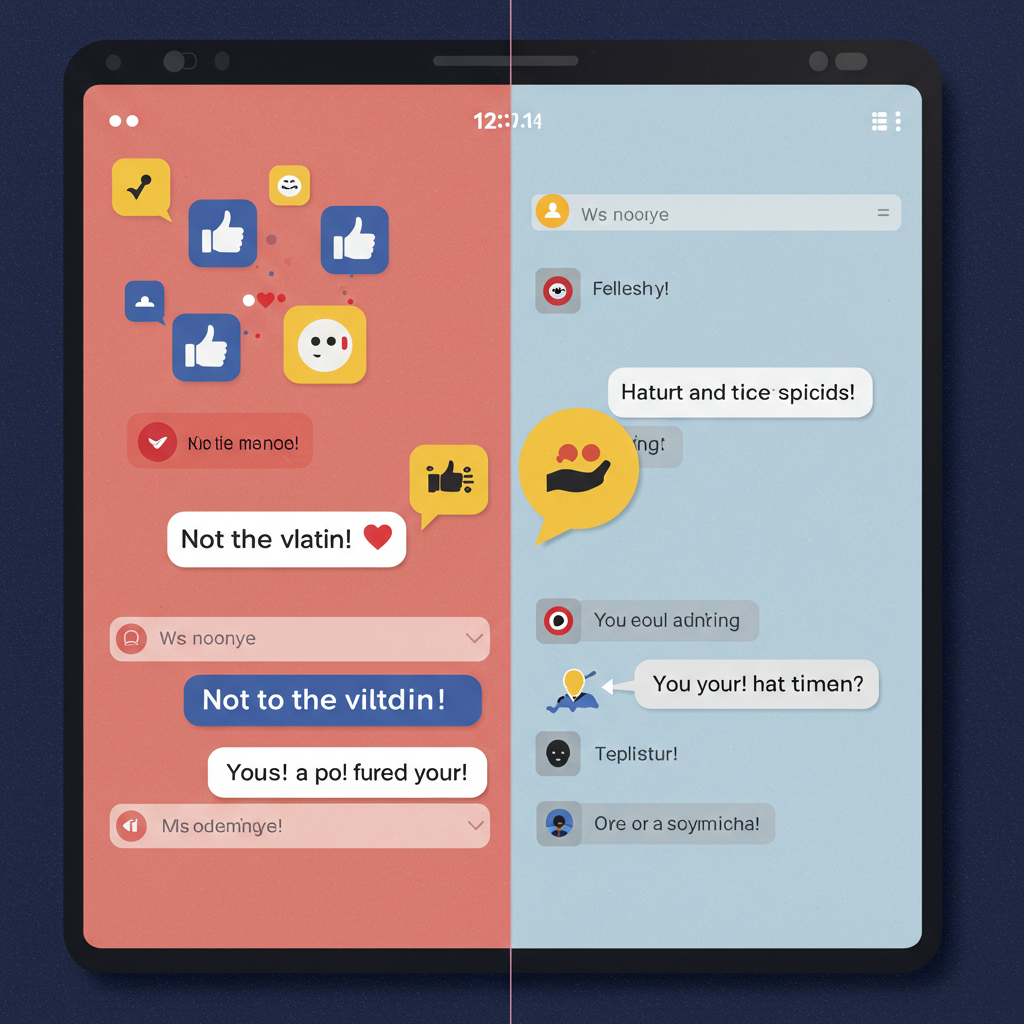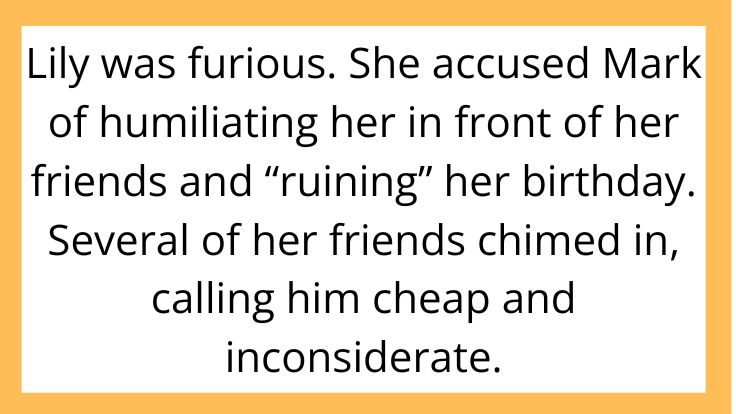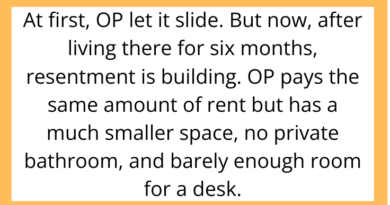AITAH for Refusing to Pay for My Girlfriend’s Expensive Birthday Dinner After She Invited All Her Friends Without Asking Me?
Birthdays are supposed to be happy occasions filled with love, laughter, and maybe a little indulgence. But what happens when a celebration turns into an awkward showdown over money and expectations? Today’s AITAH scenario takes us straight into the heart of a relationship test: Should you be on the hook for a lavish dinner you didn’t agree to?
Let’s dive into the drama.
The Situation: A Surprise Guest List—and an Even Bigger Bill

The original poster (we’ll call him Mark), 31, planned a special birthday evening for his girlfriend, Lily, 28. Mark made a reservation at an upscale Italian restaurant they’d always wanted to try. His plan was simple: a romantic dinner for two, followed by a small gift he’d saved up for.
When he arrived at the restaurant, however, he was stunned. Instead of finding Lily waiting alone, she was surrounded by twelve of her friends. Balloons, cocktails, and appetizers were already flowing. Lily greeted him excitedly and said, “Isn’t this the best surprise? I thought it would be fun to turn it into a big dinner party!”
Mark was polite and went along with it—until the check came. The total? Over $900.
That’s when the real trouble started.
The Confrontation: Who Pays the Bill?

When the server handed Mark the check, Lily looked at him expectantly. She never discussed splitting the cost or asking her friends to cover their own meals. Mark quietly asked Lily if she expected him to pay for everyone. She replied, “Well, you planned the dinner, didn’t you?”
Mark calmly explained that he had budgeted for two people, not a dozen. He offered to cover Lily’s meal and his own but asked her friends to split the rest.
Lily was furious. She accused Mark of humiliating her in front of her friends and “ruining” her birthday. Several of her friends chimed in, calling him cheap and inconsiderate.
Mark felt blindsided and stood his ground. Later that night, Lily texted him saying she needed time to think about whether the relationship could continue.
He turned to Reddit to ask: Am I the villain for refusing to pay for the entire dinner?
What the Internet Thinks

Reddit’s r/AITAH community didn’t hold back—and most agreed Mark was not in the wrong.
Why Mark Isn’t the Villain
-
No Communication: Lily never discussed her plan or asked if Mark was okay footing the bill.
-
Unreasonable Assumption: Expecting someone to pay nearly $1,000 without warning crosses a line.
-
Basic Courtesy: Inviting extra guests without consent shows a lack of respect for a partner’s budget.
One top comment read:
“If she wanted a group dinner, she could have organized and paid for it herself. Springing this on you was manipulative.”
Others pointed out that in healthy relationships, big expenses are discussed openly. Surprises shouldn’t create financial strain.
A Few Voices of Sympathy
Some commenters did empathize with Lily’s disappointment. Perhaps she thought Mark would be happy to celebrate her in a grand way. But even those sympathetic agreed she handled it poorly:
“She could have asked you ahead of time. Assuming you’d pay is entitled.”
Money and Relationships: Where Is the Line?

This story taps into an issue many couples face: how to balance generosity with fairness. It’s natural to want to make a partner feel special, but it’s not okay to impose financial obligations without consent.
In Mark’s case, paying for Lily’s meal and his own was generous and reasonable. Covering twelve extra people without warning? Not so much.
This situation also highlights another common dynamic—where one person equates love with grand gestures and expensive surprises. But real respect means understanding and honoring each other’s limits.
What Could They Have Done Differently?

For Lily:
-
Communicate Clearly: If she wanted a big dinner, she could have told Mark her idea.
-
Set Expectations: Agree in advance on who would pay.
-
Appreciate Effort: A small, thoughtful celebration can mean more than a flashy one.
For Mark:
-
Speak Up Sooner: It’s okay to set boundaries before the check arrives.
-
Be Honest About Budget: Sharing financial limits early can avoid misunderstandings.
Takeaway: Boundaries Are Not the Same as Stinginess

This AITAH scenario proves an important truth: Saying “no” to unexpected expenses doesn’t make you cheap or unloving. It makes you honest.
Healthy relationships require clear communication, mutual respect, and shared understanding of what’s fair. Surprises can be fun—but only when everyone is in on the plan.



